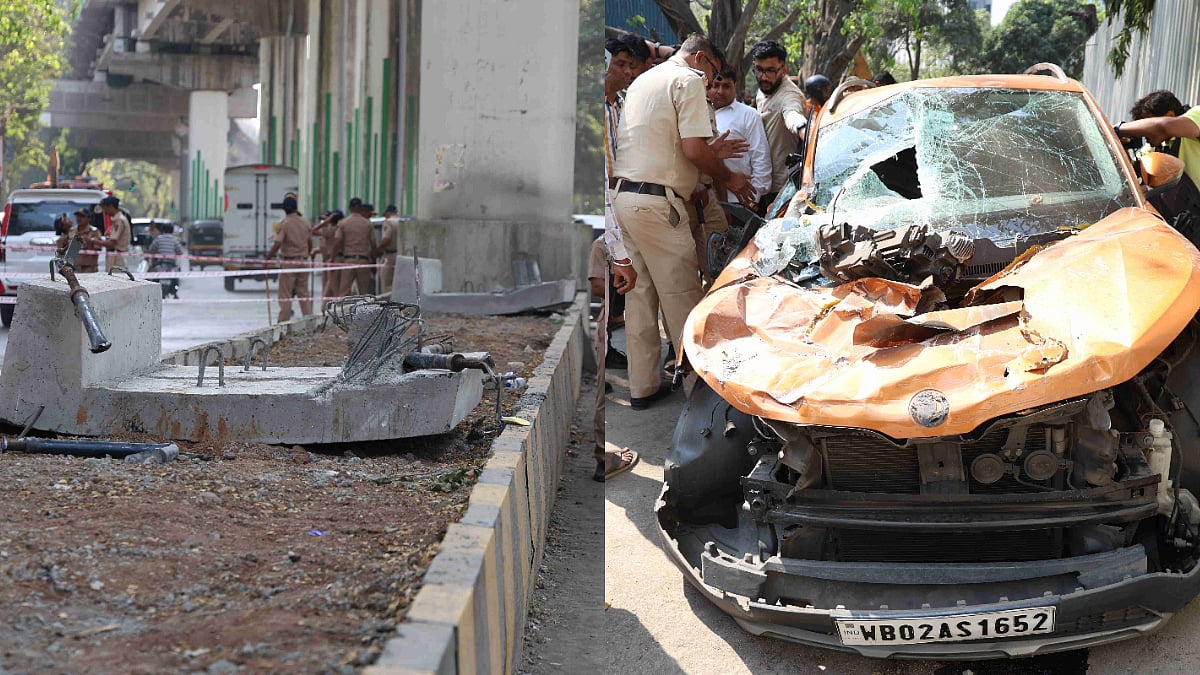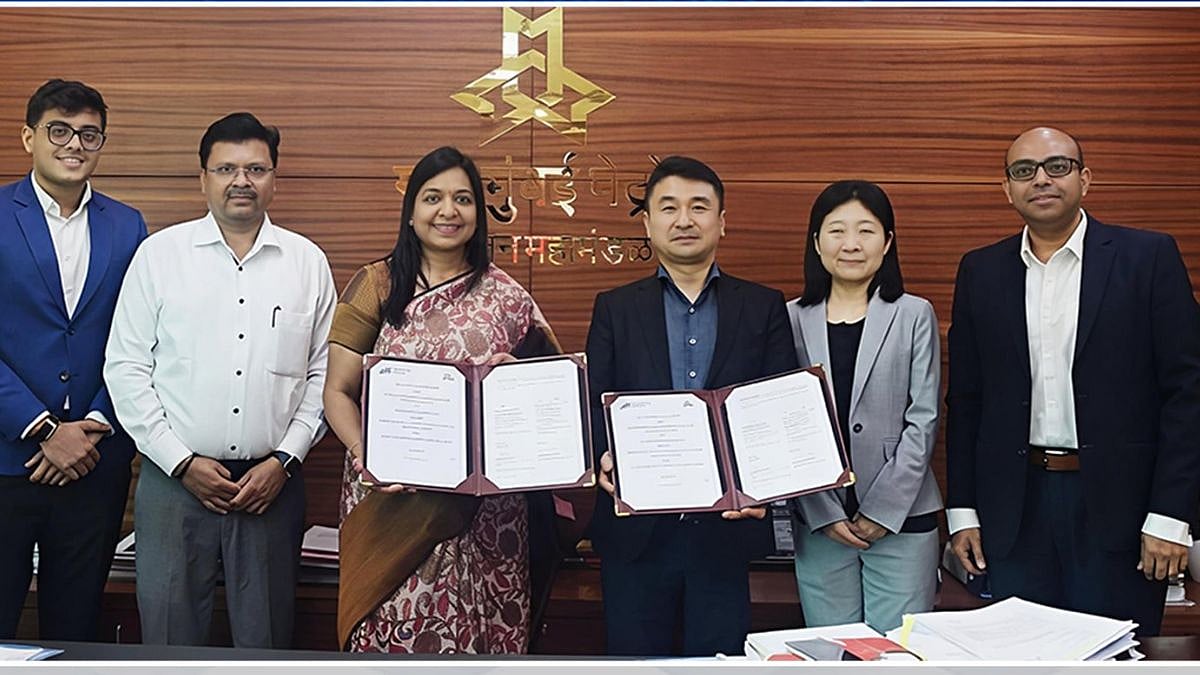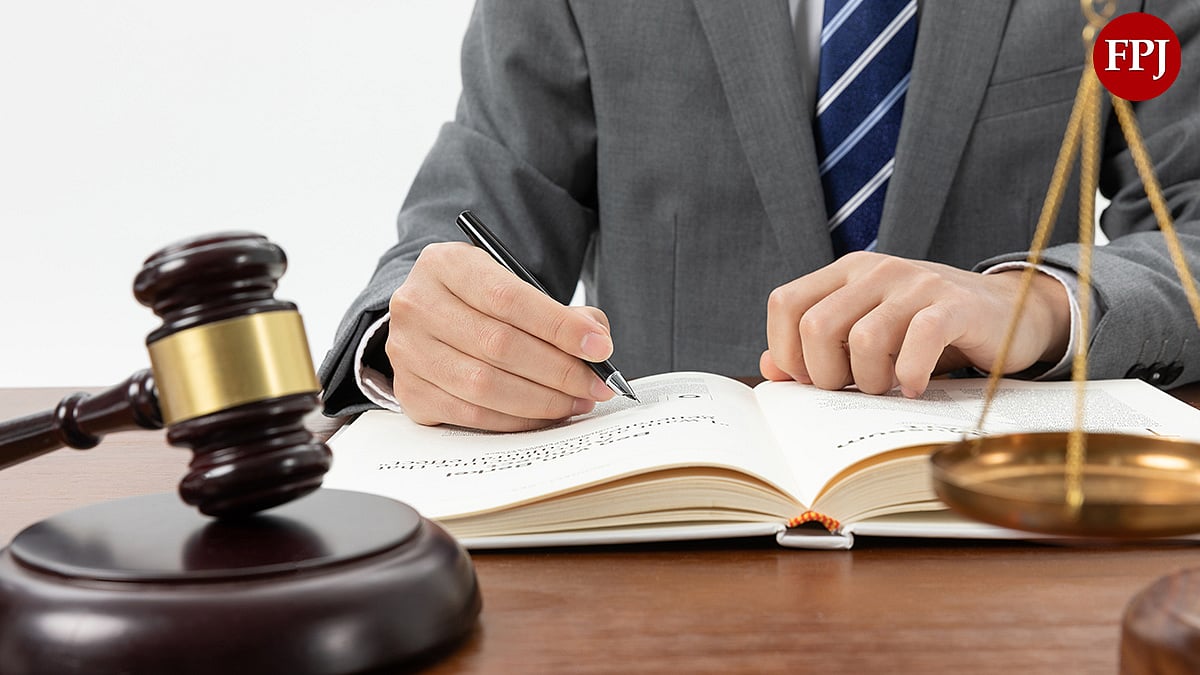Rahul Gandhi’s re-entry into Parliament after the Supreme Court stayed his conviction in a defamation case will attract global attention apart from injecting a shot-in-the-arm for the I.N.D.I.A alliance because the US Supreme Court laid down as far back as 1966 that those in public life should not be hypersensitive to being defamed as it will have a “chilling” effect on public discourse.
Complainants like Purnesh Modi will have to prove that Gandhi maliciously made these utterances knowing fully well they were false to get a conviction in the US where free speech and a free press is jealously protected by the First Amendment to the Constitution, unlike India where the Supreme Court has held that the right to reputation is an integral part of the right to life under Article 21.

Intemperate filing of defamation cases throttles the people’s right to know because as an Opposition MP, Gandhi has a duty to expose the shortcomings of the government for which there may not always be evidence which is why he is facing 12 defamation cases. This is because he spoke intemperately outside Parliament. But whether the Speaker of the Lok Sabha, Om Prakash Birla, will reinstate him before the no-confidence motion against the Narendra Modi government is to be discussed remains to be seen.
The Speaker cannot adjudicate the order of the Supreme Court staying Gandhi’s conviction but he may not show the same alacrity which was shown when the Congress MP was disqualified within 24 hours of his conviction. Gandhi has to make a formal application for his reinstatement annexing a copy of the Supreme Court order.
In any case, Gandhi’s troubles are far from over because he has to return to the sessions court, which will hear his appeal against conviction. If the sessions court reduces his conviction by even a single day, the disqualification provisions of the Representation of People Act are not attracted. In any case, Gandhi has an arduous journey ahead of him.
A motormouth like former minister Subramaniam Swamy had approached the Supreme Court to remove defamation as a criminal offence from the statute books but this plea was rejected on the ground that it would make people irresponsible. In a civil defamation suit, the plaintiff has to pay court fees on the amount being claimed as damages unlike a criminal complaint for defamation which is speedier but can only culminate in an offender being sent to jail.

The UNESCO has lamented the “misuse of the judicial system” to throttle freedom of speech and expression. This is why the UK abolished defamation as a criminal offence in 2009 while Australia and New Zealand followed suit. However, 160 out of 195 countries retain defamation as both a civil and criminal offence.
The Supreme Court rightly pointed out that neither the Surat magistrate nor the Gujarat High Court justified why Rahul Gandhi was given the maximum sentence of two years jail which disqualified him as an MP when just one day less would have allowed him to continue. Thereby, Gandhi’s right to represent those who elected him to represent them under the Representation of People Act was adversely hit because the Wayanad electorate in Kerala had no representation in the Lok Sabha.
Hence, a bye-election would have to be notified to elect another MP from Wayanad in Kerala. With this stay on his conviction, Gandhi not only returns to Parliament, but will also be able to contest the 2024 elections. His fundamental right to contest elections and the right of the people to elect him or reject him has been upheld by this stay on his conviction.
In fact, though politicians and Prime Ministers right from Pandit Jawaharlal Nehru onwards have paid lip service to freedom of speech, their actions did the opposite. Today, India has fallen to 161 out of 180 countries on the Freedom of Press index, which means the country is a little ahead of China and Saudi Arabia in upholding free speech. The US Freedom of Religion index has ranked India alongside China and Afghanistan as a country of particular concern where freedom of religion is breached. Both these freedoms are mirror images of each other because one cannot co-exist without the other.

A three-judge bench led by Justice BR Gavai rightly pointed out that the Surat magistrate and the Gujarat High Court did not give reasons to justify imposing a maximum sentence of two years in jail for an offence which is at best non-cognisable, bailable, and compoundable (can be settled out-of-court between the offender and the complainant). It appears prima facie, that Gandhi may have made history by being the first to be given the maximum sentence of two years jail in a century for defaming a community.
The bench pointed out that the remarks, if made, were “not in good taste” and could have been avoided. But what is a matter of good taste or bad taste is subjective to say the least. Hence, the Supreme Court staying the conviction of Rahul Gandhi was foreseen as the apex court is the final arbiter between the state and the citizen.
The Surat magistrate, who incidentally, got a fast-track elevation soon after the judgment, referred to the previous alleged criminal antecedents of Gandhi where his apology was accepted by the Supreme Court after he was issued a notice for committing contempt of court. But he was not convicted in that case nor has he been convicted in any of the 12 defamation cases pending against him.
Defamation is not a serious crime against society like rape, murder, abduction, criminal intimidation. Defamation is seen in Europe as an offence used against writers, journalists and other intellectuals to settle scores. It is used as a political vendetta to silence ‘noisy” opposition MPs and inconvenient editors who have been eased out of pliant media houses.
Olav Albuquerque holds a Ph.D in media law and is a senior journalist-cum-advocate of the Bombay high court.




